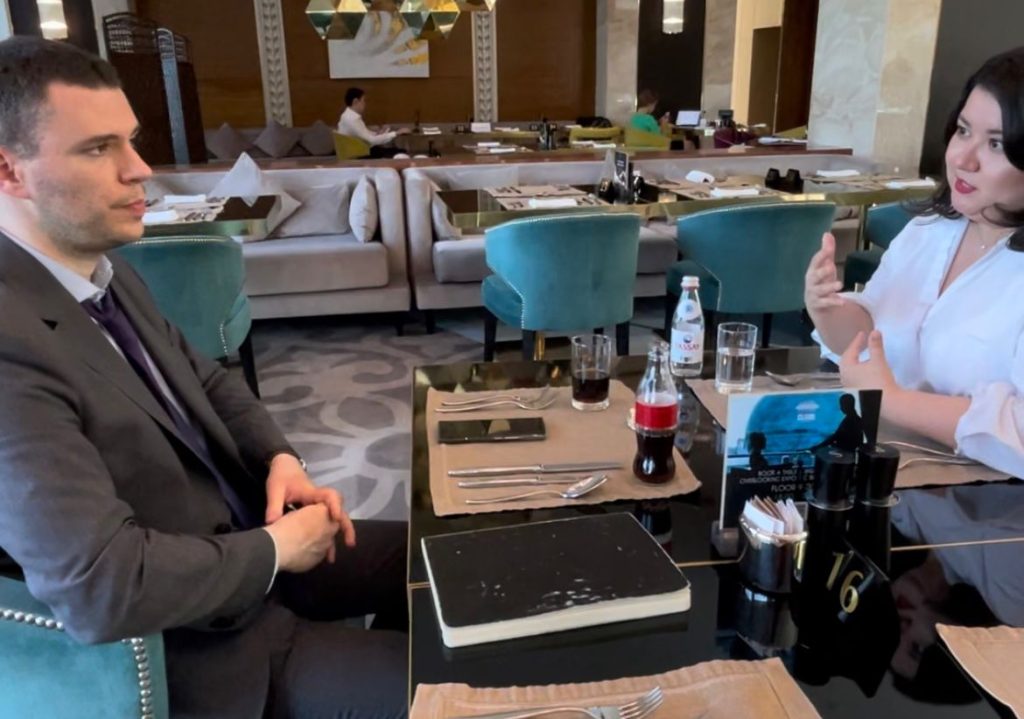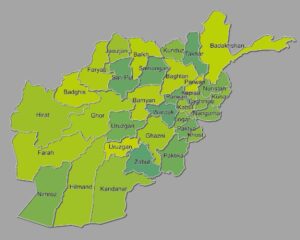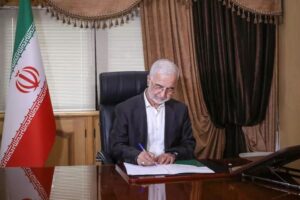Afghanistan-related challenges loom large for Central Asia: Expert

Astana, The Gulf Observer: Addressing the situation in Afghanistan remains on top of the agenda for Central Asia, said Michael Levystone, an associate research fellow at the Institut Français des Relations Internationale (IFRI) Russia/Eurasia Center, in an exclusive interview with The Astana Times. The expert, who participated in the Astana International Forum (AIF) also discussed the intensifying geopolitical competition in Central Asia, regional connectivity and water scarcity.
According to Levystone, it had looked like Washington would lose influence in the region after the U.S. withdrew its troops from Afghanistan in 2021. However, the tragic events in Kazakhstan in January 2022, when the country faced a violent coup attempt, followed by the Russia-Ukraine conflict, provided a leeway for the U.S. to return to Central Asia.
Kazakhstan became the focal point for high-level international interactions last year, with visits to Astana from the European Union, the U.S. and China. According to Levystone, the return of the U.S. is directly related to Afghanistan, which he believes is of more critical concern for the Central Asian region than Ukraine.
“Afghanistan is still a huge problem for the region. I think it’s a lot bigger than Ukraine,” said Levystone. The U.S. presence is becoming stronger than ever since the independence of the post-Soviet states in 1991 in the Eurasian region, he suggested.
According to the expert, many ties are expanding because of the Afghanistan issue, including between Washington, Tajikistan and Turkmenistan.
China’s and EU’s involvement in Central Asia
As for China’s presence, Levystone said that in the past year, Beijing has aimed to “implement proper politics in Central Asia, not only in terms of economics but also in terms of security.” The country’s approach to the region does not rely solely on the Shanghai Cooperation Organization (SCO). However, the SCO’s main goals, such as fighting extremism, separatism, and terrorism, remain essential for China.
Water scarcity in the region
Levystone also noted water remains the most polarizing topic in Central Asia despite the urgency. In his address at the AIF, President Kassym-Jomart Tokayev referred to the critically low water level in the two great rivers of Central Asia – the Syr Darya and the Amu Darya – which could decrease by nearly 15% by 2050. The President called for “more resources to support the International Fund for Saving the Aral Sea to prevent an ecological catastrophe in the region.”
When asked what role Kazakhstan can play in bringing the region together to address this issue, not just on paper but via concrete steps, Levystone candidly said he does not think Kazakhstan is the primary actor in this issue.
He suggested the initiative should come more from Uzbekistan, because Kazakhstan is significantly less reliant on foreign water sources than Uzbekistan or Turkmenistan.
“There are challenges in Xinjiang for Kazakhstan, as China is building more hydroelectric dams there. Of course, it impacts eastern Kazakhstan and Balkhash [a lake in southeastern Kazakhstan]. I do not think Kazakhstan is the key driving force here. It should be coming from Uzbekistan, which is moving in a good direction since [President of Uzbekistan] Mirziyoyev came to power in 2016. He endeavored to reset political dialogue with the Kyrgyz Republic and Tajikistan, which was far from simple at that moment,” Levystone concluded.


